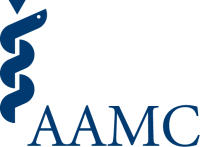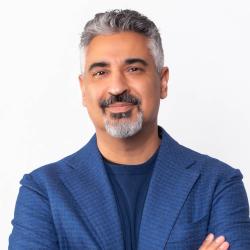
“We have so much time and so little to do! Strike that. Reverse it.”
Willy Wonka in “Willy Wonka and the Chocolate Factory”
Sometimes Congress can seem Wonka-esque. The head spinning has most recently been on display as Democrats debate the “soft infrastructure” reconciliation plan — particularly President Biden’s proposals to strengthen health care and combat climate change.
Policymaking is filled with difficult and complex trade-offs.
For example, do we shore up Affordable Care Act exchanges and expand Medicaid for younger, vulnerable members of our communities? Or do we fund additional health benefits such as dental and hearing care to the elderly or disabled?
In an era of finite resources, we are continually faced with explicit, tough health care policy choices like these.
As a nation, we have often focused on those 65 and over — Medicare was created when that age was nearing the end of the American life span. Yet sometimes it seems like we have abandoned many vulnerable Americans from birth to age 64.
And while no policy solution is inherently right or wrong, our choices involve trade-offs that reflect our values.
With billions (or trillions) of dollars to spend, we can choose to spend more on the very young, the poor, the medically underserved, or the elderly. These choices — trade-offs — trip up policymakers and academics alike. How do I value one service, one condition, one life more than another? It’s a hell of a trolley problem.
These debates will go on as we revamp or fine-tune our $4 trillion health system, and I hope the AAMC Research and Action Institute can add data and analysis to the discussions. There is no divinely right answer and there's no magic bullet — despite the claims about technology, prevention, or a new drug to save us. But there are always trade-offs, and the goal of the institute is to help policymakers evaluate them.
While we wait to see if we can make the elevators go sideways, I am incredibly excited to announce the creation of an external advisory committee that will inform and guide the work of the Research and Action Institute. You can find a list of these amazing experts. I know these colleagues will help the institute present these trade-offs in novel ways to help inform policy decisions. While our recent work on COVID-19 has been important and challenging, I’m looking forward to the hard work of how to make sense of some of the most difficult policy choices.
Sometimes policymaking is hard to watch (and harder to engage in), but it’s fascinating. Grab your popcorn!

